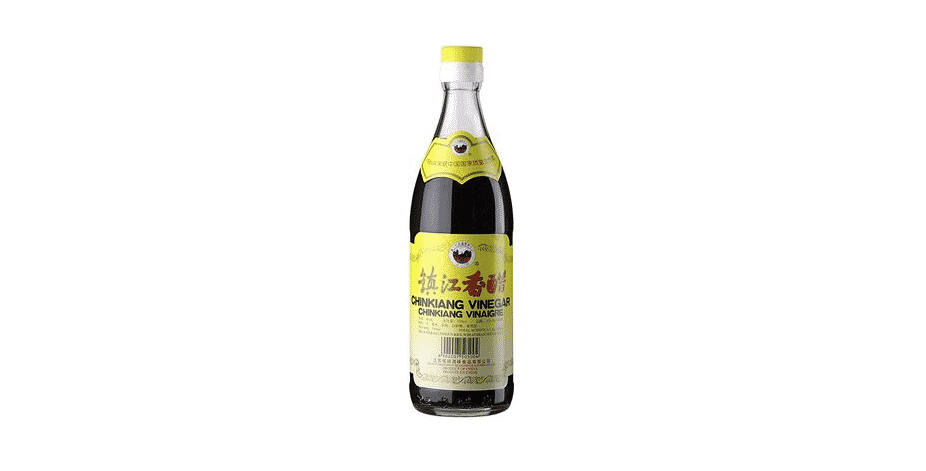
There are a lot of things that chefs have to take into consideration while cooking. Which include the texture, the aroma, the presentation, and finally the taste of the dish. Most chefs enjoy what they do because cooking can be so fulfilling.
It is like a blank canvas of flavors and you can throw in different proportions of ingredients to make something new. You can customize your dish in any way you see fit. You learn about so many things along your cooking journey. How different ingredients taste, what aroma they have and how much quantity should you use.
Chinkiang Vinegar Substitutes
Chinkiang vinegar was first made in China and it is a rice-based vinegar. It is widely used in Chinese cuisine. Chinkiang vinegar has a sweet taste but not as sweet as balsamic vinegar. It has a deep black color. It brings a new intensity of flavor to your recipe.
Overall there is no harm in the consumption of vinegar if taken in moderation. Taking large quantities of vinegar daily might cause some issues for you in the long run. If you are not able to buy Chiking vinegar then here is a list of possible substitutes you can use instead.
1) White Rice Vinegar
White Rice vinegar can prove to be a great substitute if you can not find Chinkiang vinegar. Its color is not as dark as the Chinkiang vinegar. It is also less acetic than Chinkiang vinegar.
But when you add a little soy sauce to it the color darks and acidic levels also increase. So using this along with some soy sauce can prove to provide you with that same flavor as Chinkiang vinegar.
2) Rice Wine Vinegar
If you are going for a sweeter and less acidic substitute for Chinkiang vinegar then your best bet is Rice wine vinegar. Just like White Rice vinegar, it is also not as dark in color. The taste is relatively mild. Adding soy sauce can enhance the acidity if you wish to do so. If you would like to have your recipes taste a little sweeter then you should most definitely choose Rice wine vinegar.
3) Balsamic Vinegar
As compared to the above-mentioned vinegar substitutes this one is by far the strongest. You have to be careful while using Balsamic vinegar because of its intensely sweet flavor.
Adding too much of it can make your food texture syrupy. The good thing is that using little portions of it gets the job done just fine. It also has a deep color just like Chinkiang vinegar.
If you’re going for that extra sweet flavor then Balsamic vinegar should be your first choice.
4) Sherry Vinegar
While Balsamic vinegar can prove to be quite overpowering, Sherry vinegar is not as strong. It provides that delicate taste to your food. It also has the same deep color as the Chinkiang vinegar.
The vinegar provides that perfect balance between being too sweet and not being sweet enough. It is liked by most chefs because of the delicacy it brings to your food. This is why it can prove to be a great substitute for Chinkiang Vinegar.
5) Apple Cider Vinegar
If you are unable to find any of the above-mentioned substitutes then you should go with apple cider vinegar. It has the same sweet flavor as the Chinkiang vinegar but also adds a bit of fruity flavor to the mix.
So, If your recipe allows for such flavor to be added to your dish then go ahead and use this vinegar. It also has several health benefits and can aid you in your weight loss journey. Most people recommend that you drink this vinegar in the morning on an empty stomach if you’re on a weight loss journey.
All of these mentioned vinegar types can prove to be excellent Chinkiang vinegar substitutes. They are widely available across different international as well as local superstores.
They provide the same sweetness to the dish as Chinkiang vinegar and you can tweak the acidity of the vinegar by the use of soy sauce. You can come up with a unique taste that perfectly matches your taste. It all depends on personal preference as to how much sweetness you would like to be introduced in your recipe.